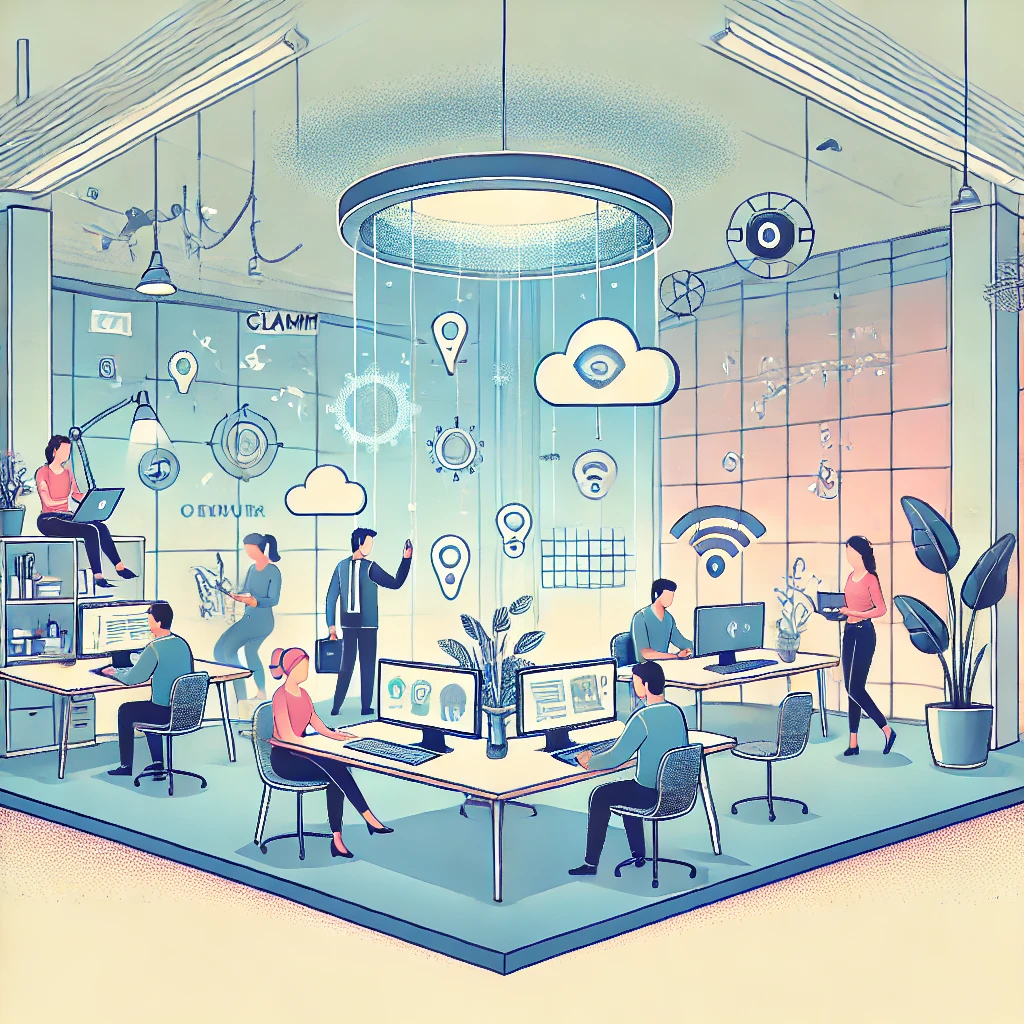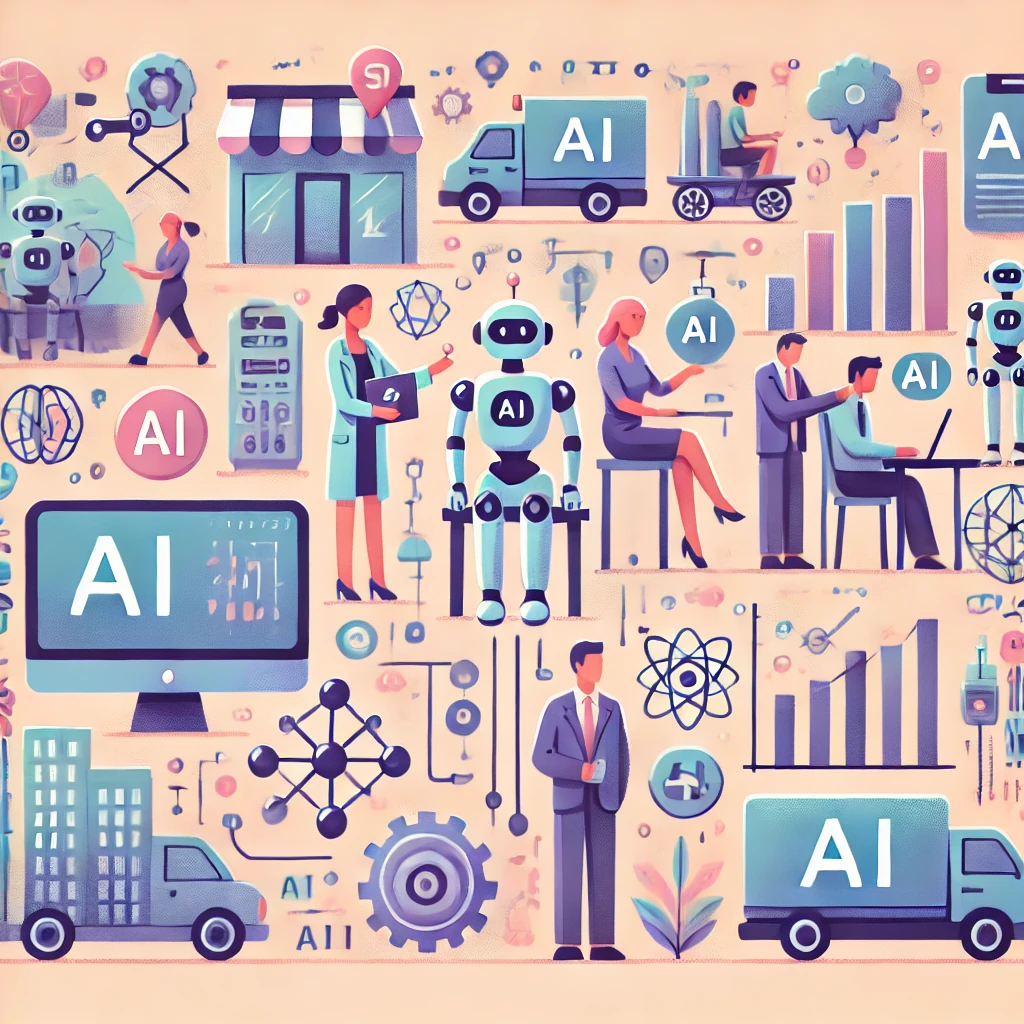The Future of Work: Trends and Predictions for 2024
The nature of work is rapidly evolving, driven by technological advancements, shifting economic landscapes, and changing employee expectations. As we move into 2024, several key trends are poised to shape the future of work. Here’s a look at the most significant trends and predictions for the coming year.
1. Remote and Hybrid Work
The shift to remote and hybrid work models, accelerated by the COVID-19 pandemic, continues to gain momentum. Companies are adopting flexible work arrangements that allow employees to balance office and remote work.
Benefits of Hybrid Work:
- Increased employee satisfaction and work-life balance.
- Cost savings on office space and commuting.
- Access to a broader talent pool.
2. Technology Integration
Technological advancements are transforming how we work. Tools like artificial intelligence (AI), machine learning, and virtual reality (VR) are enhancing productivity and creating new opportunities for innovation.
Key Technologies:
- AI and Automation: Streamlining repetitive tasks and providing data-driven insights.
- VR and AR: Facilitating immersive training and collaboration.
- Cloud Computing: Enabling seamless access to data and applications from anywhere.
3. Focus on Employee Well-Being
Employee well-being is becoming a top priority for organizations. Companies are recognizing the importance of mental health, work-life balance, and a supportive work environment.
Well-Being Initiatives:
- Mental health support programs and resources.
- Flexible work hours and paid time off.
- Wellness programs and fitness incentives.
4. Upskilling and Continuous Learning
The rapid pace of technological change requires continuous learning and upskilling. Employers are investing in training programs to help employees acquire new skills and stay competitive.
Upskilling Strategies:
- Online courses and certifications.
- In-house training and development programs.
- Partnerships with educational institutions.
5. Diversity, Equity, and Inclusion (DEI)
Diversity, equity, and inclusion are becoming integral to corporate strategy. Organizations are striving to create inclusive workplaces that value diverse perspectives and backgrounds.
DEI Initiatives:
- Diverse hiring practices and mentorship programs.
- DEI training and awareness campaigns.
- Employee resource groups and support networks.
6. Gig Economy and Freelance Work
The gig economy is expanding as more workers seek flexible, project-based opportunities. Freelancing offers independence and variety, appealing to a growing number of professionals.
Gig Economy Trends:
- Increased demand for freelance platforms and marketplaces.
- Growing acceptance of gig work by traditional employers.
- Development of policies to protect gig workers’ rights.
7. Sustainable Business Practices
Sustainability is becoming a core focus for businesses. Companies are adopting eco-friendly practices and prioritizing corporate social responsibility (CSR).
Sustainable Practices:
- Reducing carbon footprints and waste.
- Sustainable sourcing and supply chain management.
- Transparent reporting on environmental impact.
8. Redefining Leadership
Leadership is evolving to meet the demands of a changing workforce. Modern leaders are expected to be empathetic, adaptable, and inclusive.
Leadership Qualities:
- Emotional intelligence and empathy.
- Ability to navigate change and uncertainty.
- Commitment to fostering a positive organizational culture.
9. Collaboration and Teamwork
Collaboration tools and techniques are enhancing teamwork across dispersed teams. Effective collaboration is essential for innovation and productivity.
Collaboration Tools:
- Project management software like Trello and Asana.
- Communication platforms like Slack and Microsoft Teams.
- Video conferencing tools like Zoom and Google Meet.
10. Workplace Design and Environment
Workplace design is adapting to new ways of working. Flexible, ergonomic, and tech-enabled spaces are becoming the norm.
Design Trends:
- Open, adaptable workspaces.
- Emphasis on natural light and green spaces.
- Integration of wellness and relaxation areas.
Conclusion
The future of work in 2024 is characterized by flexibility, technology, and a focus on employee well-being. By embracing these trends and adapting to new challenges, organizations can create a thriving work environment that meets the needs of both employees and employers. Stay ahead of the curve by understanding and implementing these key trends in your workplace.








